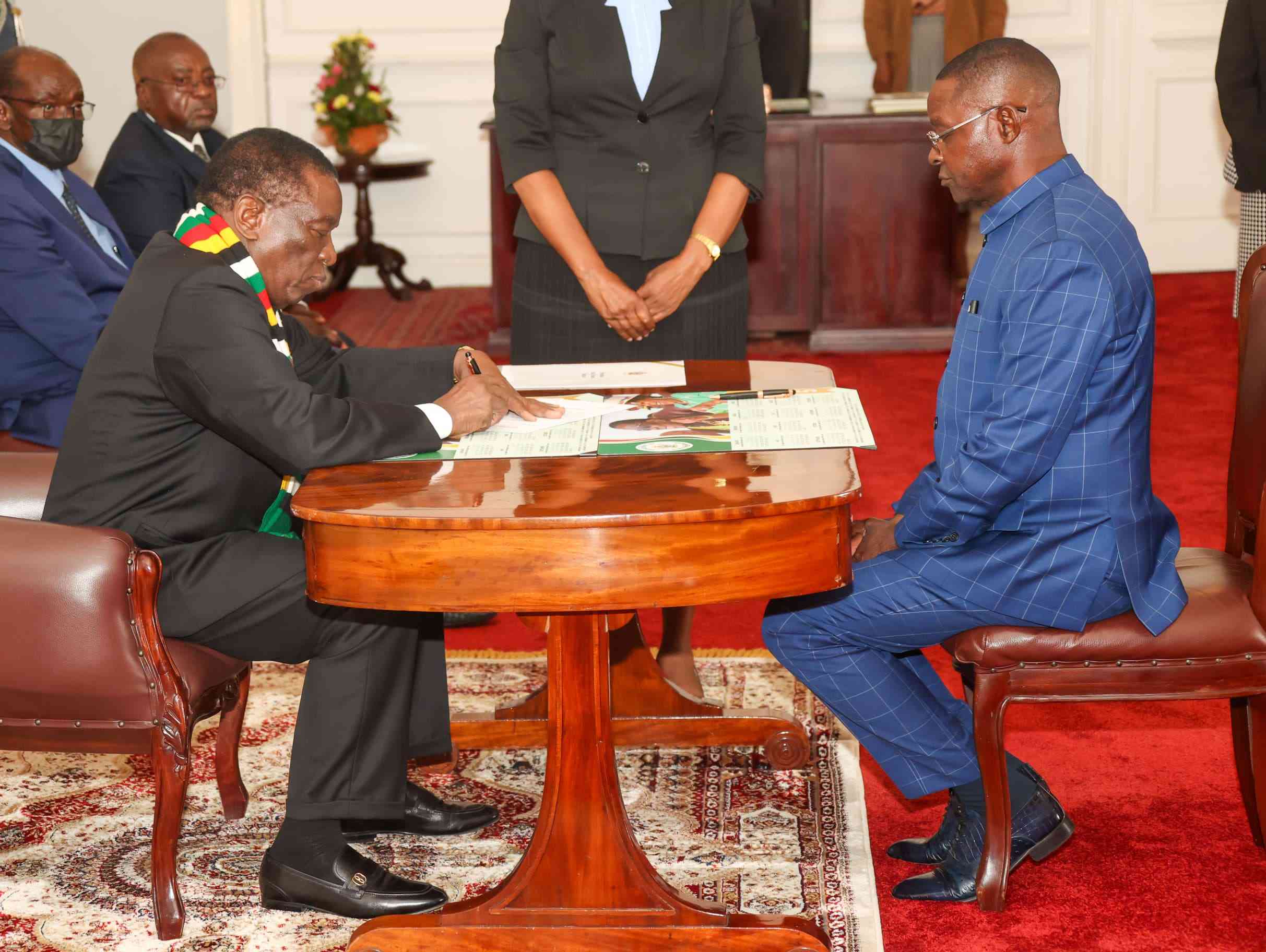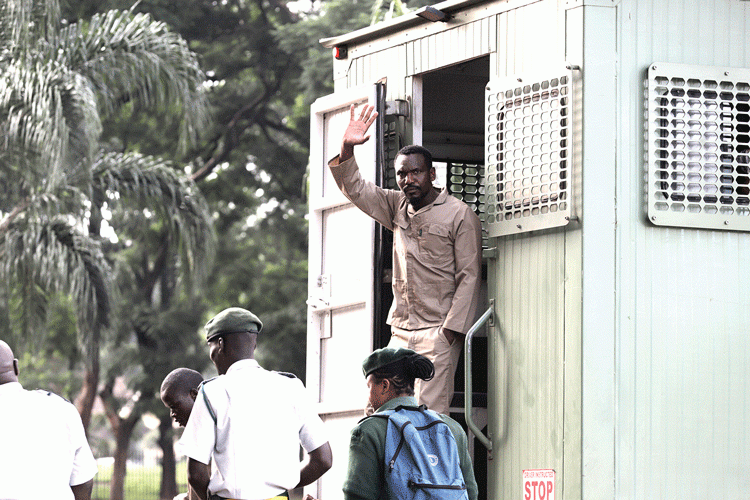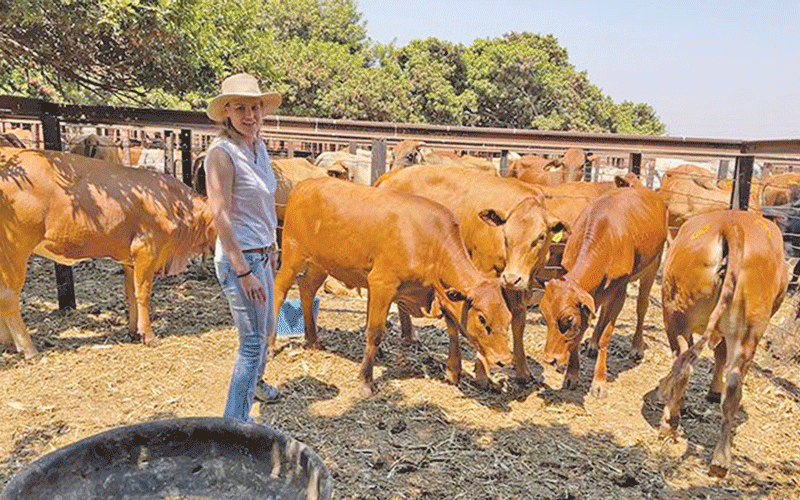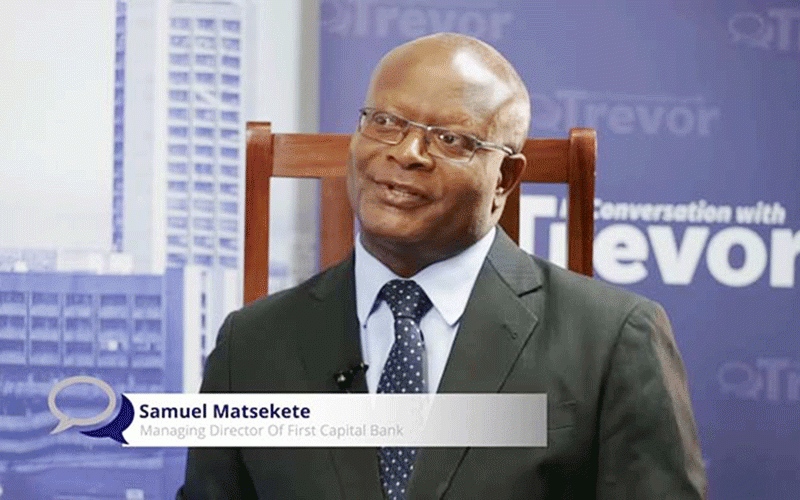READING the book Why Nations Fail by authors Daron Acemoglu and James Robinson continues to confirm my observations which I have been sharing with my readers for some time.
The challenge we face in most African countries is that unless we transform our institutional framework both on the political and economic fronts, we will continue to see the same results — extractive economic systems which cannot lead to the emergence of inclusive development to the benefit of the majority Africans.
In the book, the authors’ observations are that nations fail, not because of geography, culture or ignorance, but because of the existence of extractive economic systems. Throughout Africa, we have seen the entrenchment of extractive economic institutions which are designed to buttress the interests of a few elite at the expense of inclusive socioeconomic development.
An extractive political culture is essentially a plutocracy which seeks to retain political control at all costs and uses an extractive as opposed to an inclusive economy to entrench the interests of a political elite who, in turn, use that economic power to reward loyalty through politics of patronage.
The interesting observation of the authors is that these politicians deliberately pursue economic policies which satisfy their political interests and not necessarily the broader developmental needs of citizens.
It is further suggested in the book that the political elite are not necessarily ignorant of the correct policies, but deliberately ignore or partly apply them because full implementation of the correct economic policies would result in an inclusive economy and an economically empowered and informed middle class — a source of political contestation and change.
Keep Reading
- Open letter to President Mnangagwa
- Feature: ‘It’s worse right now than under Mugabe’: Sikhala pays the price of opposition in solitary cell
- Masvingo turns down fire tender deal
- Human-wildlife conflict drive African wild dogs to extinction
In extractive economic systems, there is, therefore, a deliberate resistance to the emergence of an empowered middle class and a strong black national bourgeoisie that is apolitical and successful. This political culture naturally creates an uncompetitive economy underpinned by patronage and corruption.
In order to create a modern inclusive economic system in Africa, it will be necessary to first create inclusive political systems where political power is shared and where the rule of law is sacrosanct and private property is protected. Only then can nations prosper.
Second, any new narrative has to be based on the principle that every country belongs to all who live in it and those who were born in it.
Up to now, our African politics have been unnecessarily exclusive and this has marginalised the majority of our people from meaningfully contributing to building a better future.
It is a fact that any country where a significant sector of the population feels excluded and marginalised, will never live up to its full potential.
We must create an inclusive environment where we encourage particularly our youths and women to be part of the solution and enable them to participate in building an inclusive developing economy.
Third, we must learn to be proud of who we are once again. Until we get our pride back we can forget about unity.
Instead, we will continue to pursue our own self-interests at the expense of national collective responsibility to create a functional inclusive democracy which respects and meets the aspirations of all citizens regardless of political ideas.
In my opinion, there is nothing wrong with having different opinions on how things must work. In fact, there is strength in diversity.
The question is how can we harness that diversity in perspective, skills and thinking so that we can create a great country?
If we take responsibility for each other, we shall soon realise that our differences can create better solutions for all of us.
Critical to creating a winning nation must be the inclusion of our brothers and sisters in the diaspora in building a new modern State through the adoption of new management techniques, cultures and technologies.
They have international experience that the country desperately needs in order for us to create a modern economy.
I have no doubt in my mind that most of us want the country to prosper and that requires us to establish inclusive economic institutions which can facilitate the realisation of the full potential of every citizen.
We want Zimbabweans to be creative, innovative and wealthy without fear of expropriation of their wealth or assets.
We want a government that cares and is accountable and focuses on creating an environment conducive for the success of all.
In order to achieve this, political institutions need to be inclusive and citizens must be able to participate in making decisions that affect their lives.
This requires that political power must devolve; just as we abhor economic monopolies we must, therefore, abhor monopolistic political power.
Without a change in our political culture and its institutions, it will always be difficult if not impossible to create the Zimbabwe we truly want.
Sooner or later, all societies are faced with a challenge of how they should modernise themselves so that they may meet the new and changing expectations of their populations. This challenge we face is not insurmountable.
A rapid modernisation of our political and socioeconomic institutional architecture is paramount and requires a new paradigm of thinking in all sectors of our society.
It is a fact that when a society stays in one economic or social state longer than necessary, running on an old paradigm which can no longer provide answers to life problems, that society encounters life necessity problems leaving the members of society in various states of destitution.
The conditions of life within any society are determined by the thinking of the leadership which develops into a set of beliefs called a mindset.
The mindset or systems that are created to help that society to sustain itself economically is called a paradigm. The mindset is also called psychology.
A new paradigm must, therefore, emanate from a renewed mindset of leadership and that new mindset must come from acknowledging the fact that old systems which no longer work must surely be changed.
- Vince Musewe is an independent economist. You can contact him directly on vtmusewe@gmail.com





